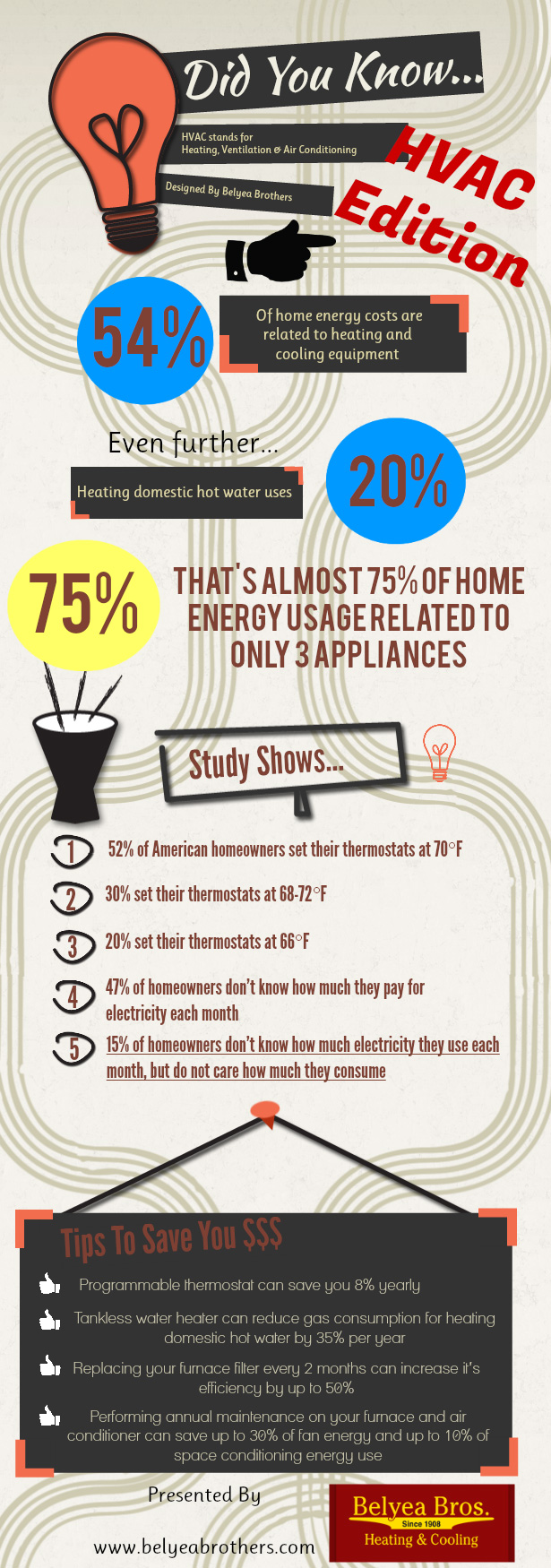When choosing between air resource and ground resource heatpump, you may find yourself weighing elements like efficiency, price, and ecological effect. Each option supplies distinctive advantages, however which one aligns best with your demands and priorities? As you explore the differences between these two kinds of heatpump, you'll uncover essential insights that can direct you in the direction of making an informed choice that suits your unique conditions. Stay tuned for a deeper dive into the subtleties of air resource versus ground resource heat pumps to help you browse this important option.
Effectiveness and Performance Comparison
When comparing air resource and ground resource heat pumps for performance and efficiency, it's vital to consider just how each system operates in numerous conditions. Air source heat pumps draw out heat from the outside air, making them extra susceptible to changes in temperature. This indicates they may be much less effective in incredibly cool environments.
On the other hand, ground source heatpump utilize steady below ground temperatures for warmth exchange, supplying even more constant efficiency regardless of exterior weather. Ground resource heatpump are normally extra energy-efficient over time due to the secure warm resource underground. Additionally, mitsubishi heat pumps wellington have a tendency to have a longer lifespan contrasted to air resource heat pumps, which can impact lasting performance and upkeep expenses.
Cost Analysis: Setup and Maintenance
For a detailed comparison between air resource and ground source heatpump, it's important to evaluate the expenses related to their setup and upkeep. Air source heatpump normally have lower upfront installation prices contrasted to ground source heat pumps. The setup of air source heat pumps involves much less facility excavation and boring, making it a more economical choice for several house owners.
Nonetheless, ground resource heat pumps are recognized for their higher efficiency, which can lead to reduced long-lasting energy expenses, potentially countering the first installation costs with time.
When it concerns upkeep costs, air resource heatpump are typically simpler and less costly to maintain contrasted to ground source heat pumps. Ground resource heat pumps require routine look at the below ground loop system, which can sustain additional upkeep expenditures.
On the other hand, air resource heat pumps usually require simple filter modifications and occasional expert evaluations, keeping maintenance prices reasonably low.
Take into consideration both the upfront installment costs and lasting maintenance costs when deciding between air source and ground source heatpump to establish which alternative straightens finest with your budget plan and requirements.
Environmental Impact Evaluation
Assessing the ecological impact of air source and ground source heat pumps is important in understanding their sustainability.
Air source heatpump call for electrical energy to run, which can bring about enhanced carbon emissions if the power comes from fossil fuels. On the other hand, ground resource heat pumps make use of the secure temperature of the ground to warm and cool your home, causing lower energy usage and minimized greenhouse gas discharges.
The installation of both kinds of heat pumps includes some degree of ecological effect, such as using cooling agents in air resource heat pumps or the excavation required for ground loopholes in ground source heat pumps. Nevertheless, ground resource heatpump have a longer life-span and greater performance, making them an extra eco-friendly choice in the future.
Final thought
When choosing in between air source and ground resource heatpump, consider your environment, budget plan, and environmental goals. Air source heatpump are extra cost-effective in advance, however ground source heat pumps offer higher performance and long-term financial savings. Select the choice that lines up with your concerns and demands for a comfortable and sustainable home heating service.
